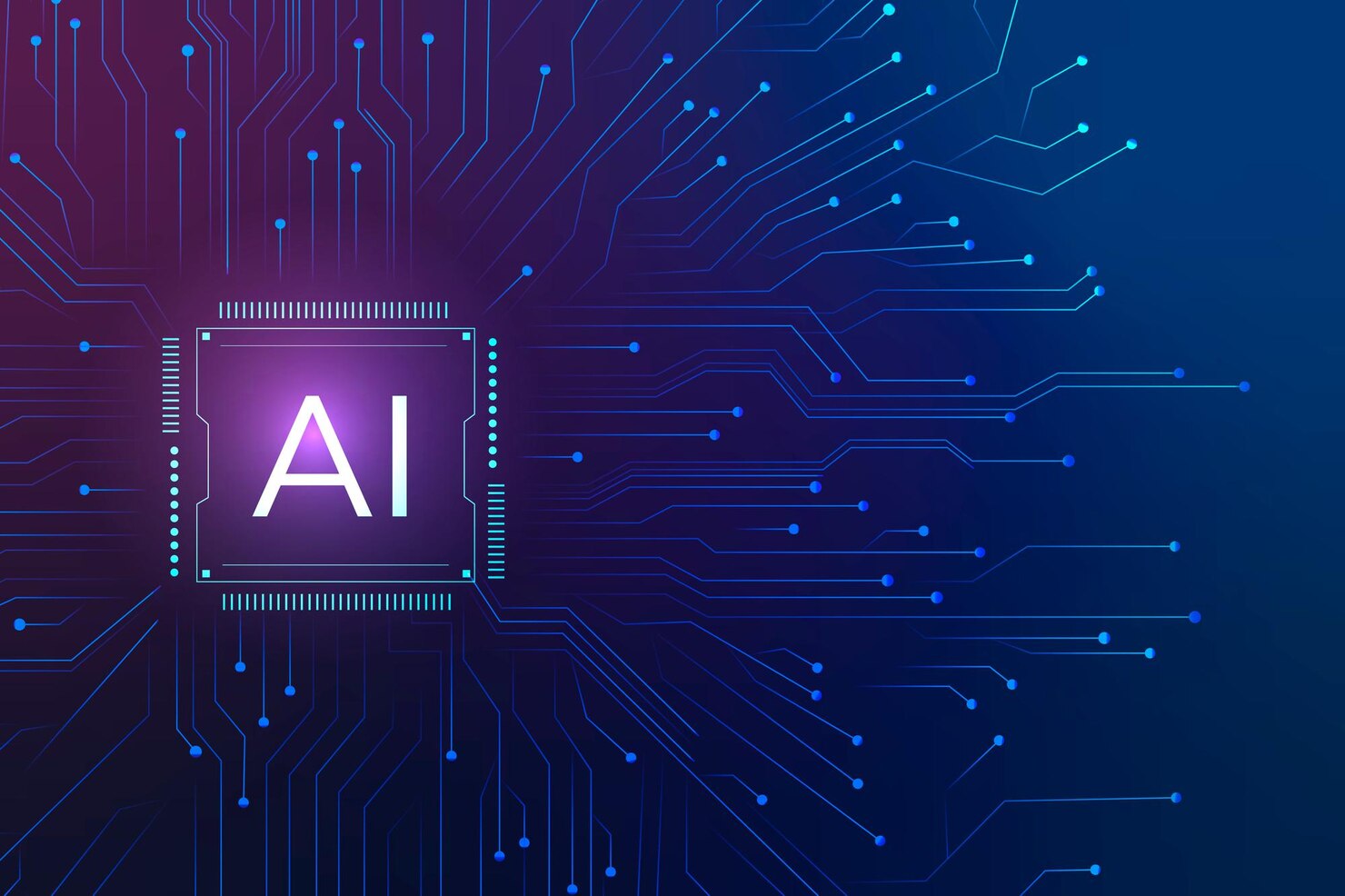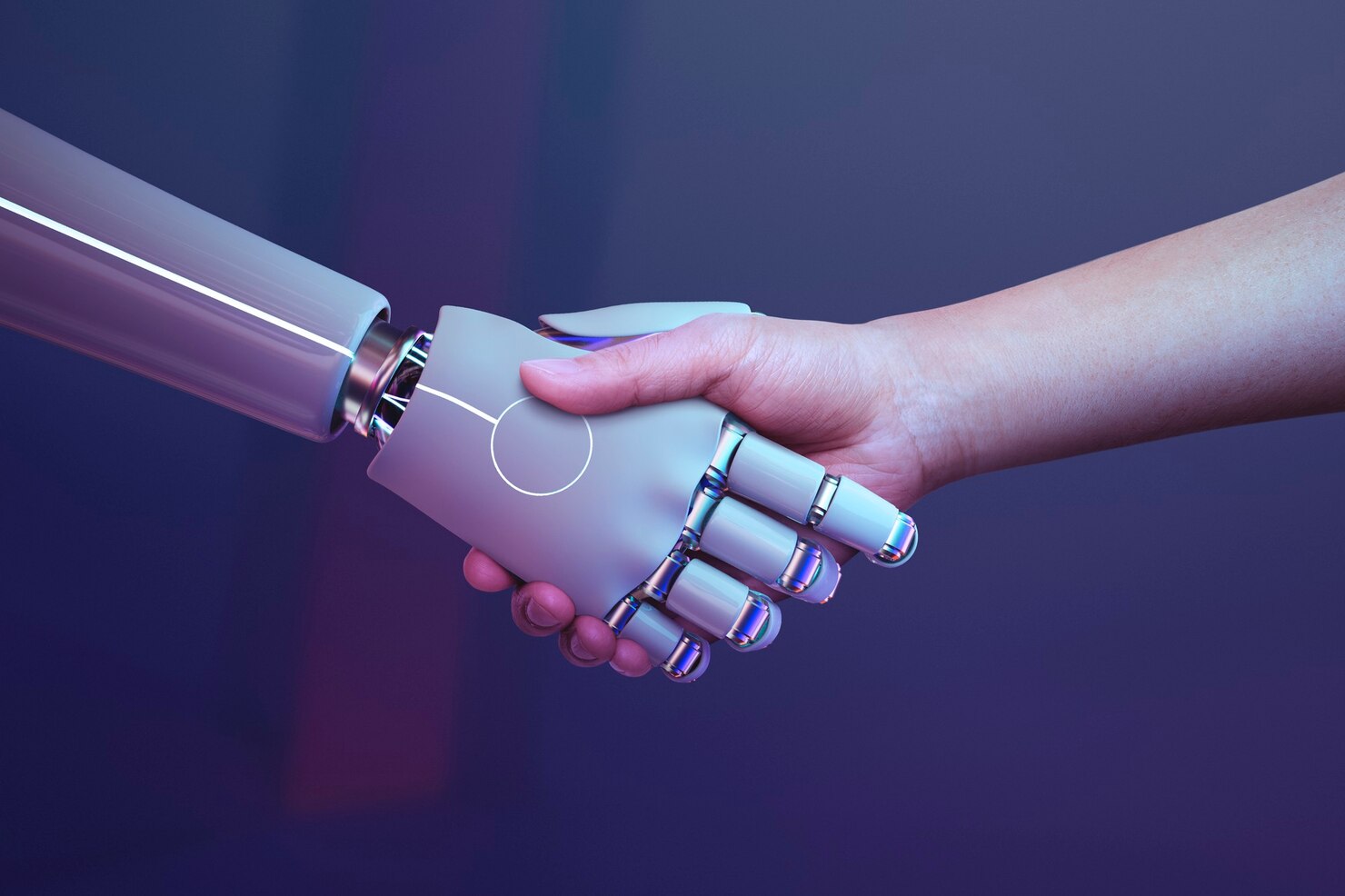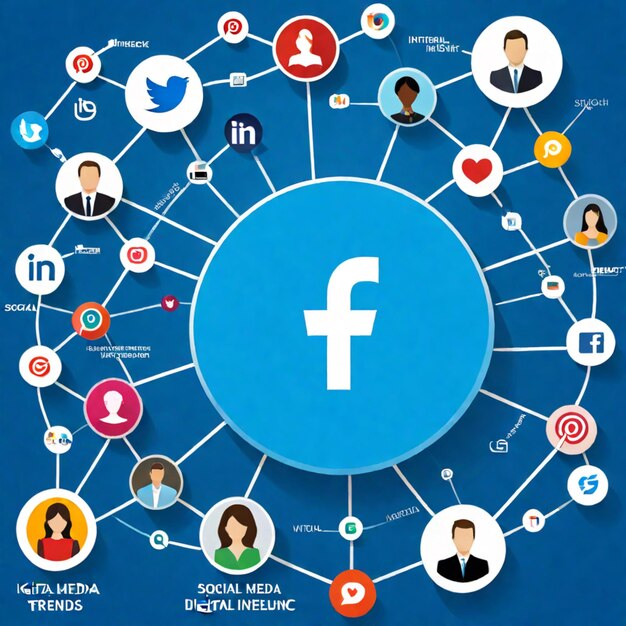Artificial Intelligence (AI) has revolutionized various sectors, and digital marketing is no exception. The integration of AI into digital marketing strategies has transformed how businesses engage with customers, optimize campaigns, and analyze data. Understanding the future trends in AI for digital marketing is crucial for staying ahead in the competitive landscape.
What is AI in Digital Marketing?

AI in digital marketing refers to the use of advanced algorithms and machine learning techniques to automate and enhance marketing tasks. This includes everything from data analysis and customer segmentation to content creation and customer service. By leveraging AI, marketers can create more personalized and efficient campaigns.
Also, Read – The Importance of Analytics in Digital Marketing
Also, Read – How to Create a Successful Content Marketing Strategy
The Evolution of AI in Marketing
AI’s journey in marketing began with simple automation and has grown to include complex machine learning models that predict customer behavior and personalize experiences at scale. Key milestones include the development of sophisticated chatbots, advanced analytics tools, and AI-driven content creation platforms.
Current Applications of AI in Digital Marketing

Personalization and Customer Segmentation
AI enables marketers to analyze vast amounts of data to identify patterns and segment customers more effectively. This leads to highly personalized marketing campaigns that resonate with individual preferences and behaviors.
Chatbots and Customer Service
AI-powered chatbots are transforming customer service by providing instant, 24/7 support. These chatbots can handle a wide range of inquiries, from answering simple questions to assisting with complex transactions.
Predictive Analytics and Insights
Predictive analytics uses AI to analyze historical data and predict future trends. This helps marketers make data-driven decisions, optimize campaigns, and forecast customer behavior.
Content Creation and Curation
AI tools like GPT-3 can generate high-quality content, including articles, social media posts, and product descriptions. These tools save time and ensure content consistency across platforms.
AI-Driven Personalization
Personalized marketing is essential for engaging customers and driving conversions. AI tools analyze user behavior and preferences to deliver personalized content and recommendations. Companies like Amazon and Netflix use AI-driven personalization to enhance user experience and boost sales.
Chatbots and AI in Customer Service
Chatbots are one of the most visible applications of AI in digital marketing. Brands like Sephora and H&M use AI chatbots to provide personalized shopping experiences, answer customer queries, and streamline transactions.
Predictive Analytics
Predictive analytics involves using AI to forecast future trends based on historical data. This helps marketers anticipate customer needs, optimize marketing strategies, and allocate resources more efficiently. For instance, predictive analytics can identify which customers are likely to churn, allowing marketers to take proactive measures.
AI in Content Creation
AI-powered content creation tools like Jasper and Copy.ai generate engaging content with minimal human intervention. These tools can write blog posts, social media updates, and even ad copy, freeing up time for marketers to focus on strategy and creativity.
Voice Search and AI
With the rise of smart speakers and voice assistants, optimizing for voice search is becoming increasingly important. AI helps marketers understand voice search patterns and tailor their SEO strategies accordingly. Tools like Google Assistant and Amazon Alexa are prime examples of AI-driven voice search technology.
AI-Powered Advertising
Programmatic advertising uses AI to automate the buying and selling of ad space. AI algorithms analyze user data to deliver highly targeted ads in real time, maximizing ROI. Platforms like Google Ads and Facebook Ads leverage AI to optimize ad performance and budget allocation.
Social Media and AI
AI-powered social listening tools help marketers monitor brand mentions, track sentiment, and identify trends on social media. Additionally, AI assists in managing social media accounts by scheduling posts, analyzing engagement, and recommending content.
AI in Email Marketing
AI enhances email marketing by automating campaign management, personalizing email content, and predicting the best times to send emails. Predictive email campaigns analyze user behavior to deliver relevant messages that drive higher open and click-through rates.
Future Trends in AI and Digital Marketing

Hyper-Personalization
Future AI advancements will enable even more precise personalization, delivering unique experiences tailored to individual users in real time.
Advanced Predictive Analytics
AI will continue to evolve, providing deeper insights and more accurate predictions, helping marketers stay ahead of trends and make smarter decisions.
AI and AR/VR Integration
The integration of AI with augmented reality (AR) and virtual reality (VR) will create immersive and interactive marketing experiences, enhancing customer engagement and satisfaction.
Challenges and Ethical Considerations
Data Privacy Concerns
As AI relies heavily on data, ensuring data privacy and security is paramount. Marketers must navigate regulations like GDPR and prioritize ethical data usage.
Ethical Use of AI in Marketing
Ethical considerations include transparency in AI usage, avoiding biases in AI algorithms, and ensuring that AI-driven marketing practices respect user autonomy and privacy.
Conclusion
AI is reshaping the landscape of digital marketing, offering unprecedented opportunities for personalization, efficiency, and engagement. By staying informed about future trends and addressing ethical considerations, marketers can harness the power of AI to drive successful campaigns and deliver exceptional customer experiences.
FAQs
What is AI in digital marketing?
AI in digital marketing involves using algorithms and machine learning to enhance marketing efforts, including data analysis, customer segmentation, content creation, and customer service.
How can AI improve customer engagement?
AI improves customer engagement by personalizing interactions, providing instant support through chatbots, and delivering relevant content based on user preferences and behavior.
What are the ethical concerns with AI in marketing?
Ethical concerns include data privacy, algorithmic biases, transparency in AI usage, and ensuring that AI-driven marketing practices respect user autonomy.
How does AI help with content creation?
AI tools can generate high-quality content such as blog posts, social media updates, and ad copy, saving time and ensuring consistency.
What is the future of AI in digital marketing?
The future of AI in digital marketing includes hyper-personalization, advanced predictive analytics, and the integration of AI with AR and VR to create immersive experiences.

